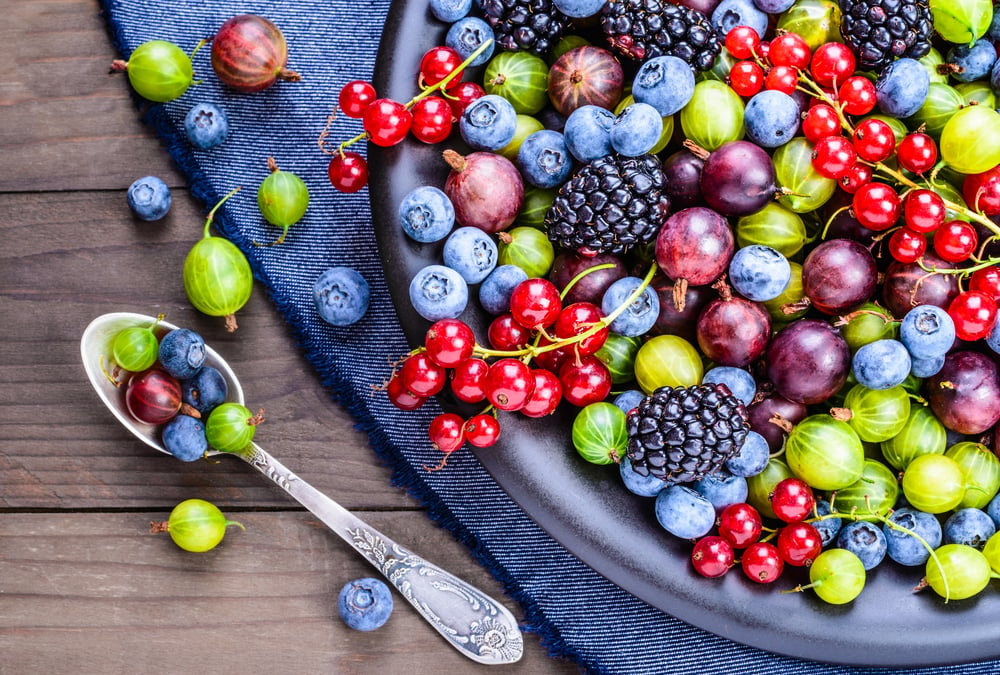
June 12, 2025
Are Superfoods Real?
SHARE
“Superfoods” has become one of the most popular buzzwords in healthy living circles. When the word first came into use in the early 1990s, it referred to foods that provide the essential building blocks that your body needs to build resistance to diseases.
Nowadays, it’s a marketing term used to assign near magical powers to overpriced foods. There is no shortage of food companies that claim to have discovered foods that contain extra-ordinary nutrients. This makes it really difficult to separate the facts from the marketing gimmicks.
The Science
While there’s no scientific definition for the term “superfoods”, it’s generally accepted that most of these foods contain high levels of antioxidant compounds, such as carotenoids, flavonoids and phenolic compounds. These compounds fight the (evil) free radicals that destroy our cells and make us old and ill.
There have been numerous scientific studies on antioxidants and their health benefits. Most of these studies have found that while eating a diet rich in vegetables and fruits that contain high antioxidant compounds lowers the risk of several diseases, it isn’t clear if this is as a result of the antioxidants. Furthermore, scientist have not found any evidence that antioxidant supplements help to prevent chronic diseases such as cancer.
There are also questions about the safety of high-dose antioxidant supplements. For instance, high doses of beta-carotene can increase the risk of lung cancer in smokers. Similarly, high doses of vitamin E can increase the risk of prostate cancer and stroke. However, this only applies to antioxidants supplements since no questions have been raised about the safety of antioxidant foods.
To Eat or Not To Eat Superfoods
Superfoods may not be as magical as marketers have led you to believe, but eating a diet full of antioxidant-rich fruits and vegetables is extremely beneficial to your health. It doesn’t matter if these health benefits are the result of other substances present in the same foods.
Antioxidant supplements, on the other hand, are another issue altogether. Since there is little evidence of their effectiveness, they should never be used to replace conventional medicines or a healthy diet that consists of whole foods.
It’s also important to note that antioxidant supplements can interact with certain medications. For instance, vitamin E supplements can interact with blood thinners and increase the risk of bleeding. You should always talk to your healthcare provider before taking any antioxidant supplements.
The bottom line is that if you’re eating a diet that is rich in vegetables and fruits, you don’t have to worry about whether or not you’re getting enough antioxidants. There’s absolutely no reason to go out and spend your entire food budget on costly superfoods like acai or goji berries. Good old broccoli, Brussels sprouts, zucchini, iceberg lettuce, parsley, red peppers, berries and nuts (you see where we’re going with this…) are just as beneficial.
